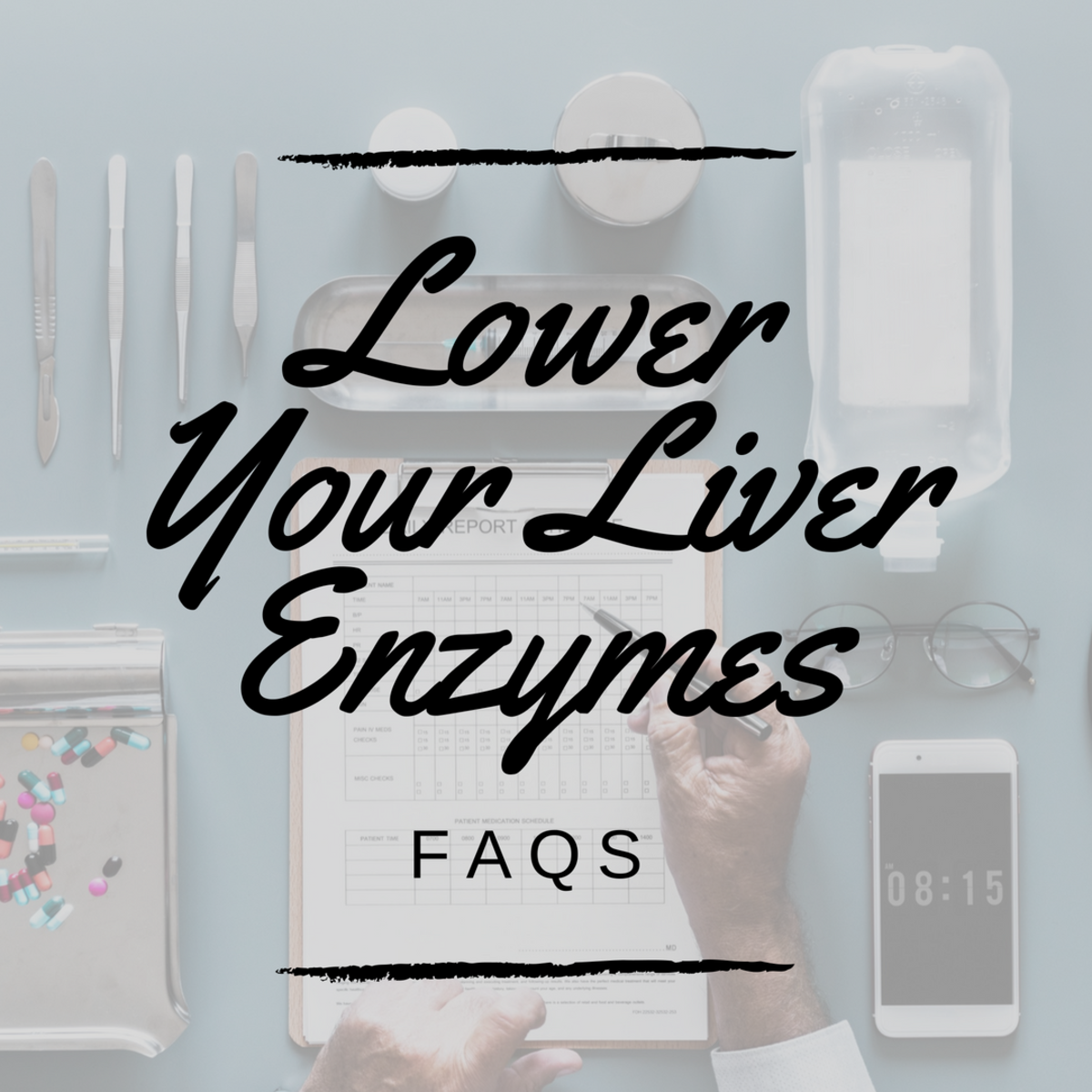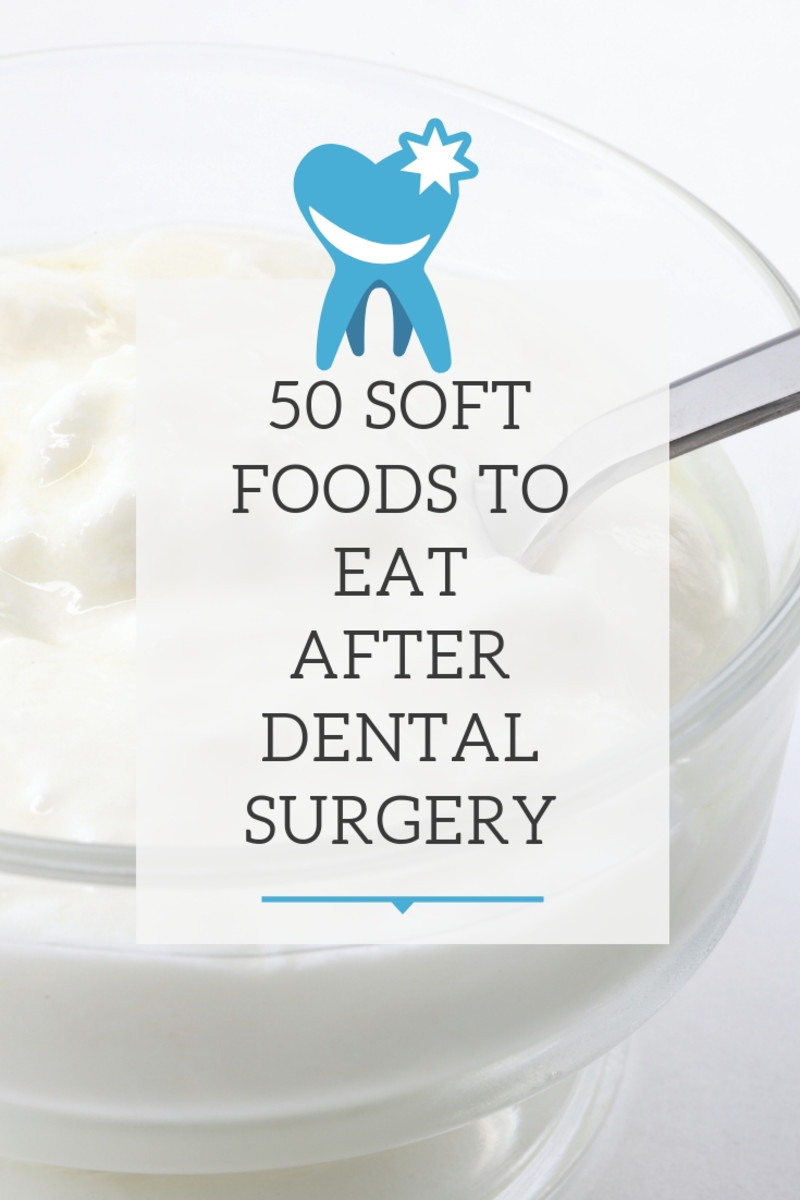What You Need to Know About Self-Pleasure
Introduction
Self-Pleasure refers to self-stimulation of one’s genitals for the purpose of stimulating pleasure and sexual arousal to the point of achieving orgasm. Common way of doing this is by massaging, stroking, or touching the clitoris or penis until one achieves an orgasm. Some women use “sex toys” or just stimulate the vagina to achieve an organism. Indeed, self-pleasure is a common behavior, even among those with a sex partner. A national study established that about 89% and 95% of females had reported of having masturbated in their lives. The behavior which starts in early childhood as part of a growing child’s exploration of her or his body may continue in adulthood for some people (WebMD, 2018). However, although there is no known physical and medical effect of masturbation, it is known to cause guilty and self-esteem damages among those practicing it.
Why People Engage in Self-Pleasure?
People engage in masturbation for various reasons. For instance, some find it a good way of relieving themselves of sexual tension that has build up over time, particularly for those with no partners or those whose partners are either not available or not willing for sex. According to Webmed (2018), masturbation could also be a safe sexual conduct for individuals who wish to avoid sexually transmitted diseases or even unwanted pregnancy. Furthermore, it may also be necessary in a case where a man wants to give sperm donation, when he doing infertility testing and even for medical reasons.
Medically, a sex therapist may prescribe masturbation to a person who harbors a sexual dysfunction to allow the man/woman experience a sexual orgasm or delay its arrival which is mostly done for men. According to Jio (2018), inability to organism, a common issue among typically young women may warrant a sex expert to recommend self-pleasure. These women are given information concerning their bodies which includes but not limited to clitoris, oral sex, intercourse positions and even masturbation. In some cases, a sex therapist will suggest that a woman takes part in masturbation when she is a lone or when she is at home instead of when she is with her partner so to avoid being pressured to perform.
Negative Effects of Self-Pleasure
Despite its purported benefits, self-pleasure has a number of side-effects that could negatively affect the one involved. For instance, there is a feeling of guilty about masturbation after committing it. This guilty may come about because of religious, spiritual or cultural beliefs held by the person doing self-pleasure. This guilty may subsequently injure the person’s self-esteem especially when it is done in the long run. Furthermore, when done repeatedly, it may lead to chronic masturbation where one will get addicted to it. Consequently, one will need to it frequently whether at the workplace, at home or when he/she is with the partner (Healthline Media, 2019).
Another area of concern is on the possible issue of addiction from masturbation. The one doing it could graduate into a level of masturbating too much. As a result, it may lead into skipping important cores, daily routines, missing school/work, missing out on important social events, canceling important plans etc. Furthermore, self-pleasure may ruin relationships and other aspects of your life. What is more, self-pleasure could lower ones productivity and performance in workplaces or businesses. Relationships will be hurt because the victim will not spend much time with his or her partner as he or she used to, do not fulfill their sexual desires or do not pay attention to their needs (Scaccia, 2017).
Addressing the Effects of Self-Pleasure (Solutions)
According to Mintz (2019), most people who feel guilty of masturbation do not have sufficient information pertaining to its role. Clearly, this guilty is largely contributed by the silence and lack of information about self-pleasure. Furthermore, many have been misinformed by authority figures that authority on masturbation being “wrong” “sinful” and why it needs to be avoided at all costs. Therefore, it would be crucial for people especially young ones to be informed and made aware of masturbation being a normal aspect of human sexuality.
As already found out, one may find himself/herself masturbating too much and thus impede regular life activities. Therefore, it is important to for people to be told on how to prevent addiction to avoid personal and social ramifications. Among the ways of doing this is to avoid things that may lead to masturbation. Among these is pornography which one will need to stop if it leads him/her to too much masturbation. Addicts also need also to find means of becoming busy, especially during the time you feel more likely to engage in the practice. For instance, you may engage in exercises or some social/religious activities, as well as other ways of limiting loneliness. Avoid being alone when it is not necessary but rather be social (Delphi Health Group, 2019).
Conclusion
Contrary to what many other person, self-pleasure does not have medically or scientifically proven negative effects other than feelings of guilt and possible addiction. Instead, research points out that the practice has a number of healthy benefits including sexual gratification, enhancement of sexual desires, and prevention of certain health conditions such as prostate cancer. In this regard, awareness is needed to people to dispel rumors and misinformation on its effects. Furthermore, it is also crucial to find ways of preventing and dealing with addiction owing to societal and personal effects.
References
Delphi Health Group (2019) Practical tips on how to overcome masturbation addiction. Available at: https://addictionresource.com/addiction/masturbation/overcoming-masturbation-addiction/
Healthline Media (2019) Masturbation Effects on Your Health: Side effects and benefits. Available at: https://www.healthline.com/health/masturbation-side-effects
Jio, S (2010) 7 common reasons to seek sex therapy. Available at:https://www.womansday.com/relationships/sex-tips/advice/a1992/7-common-reasons-to-seek-sex-therapy-111854/ (accessed on 15th, April, 2019)
Mintz, L (2018) Masturbation 101: Letting Go of Guilt. Available at:https://www.psychologytoday.com/us/blog/stress-and-sex/201805/masturbation-101-letting-go-guilt(accessed on 15th, April, 2019)
Scaccia, A (2017) Masturbation effects on your health: side effects and benefits. Available at:https://www.healthline.com/health/masturbation-side-effects (accessed on 15th, April, 2019).
WebMD (2018) your guide to masturbation. Available at: https://www.webmd.com/sex-relationships/guide/masturbation-guide (accessed 15th, April, 2019)








